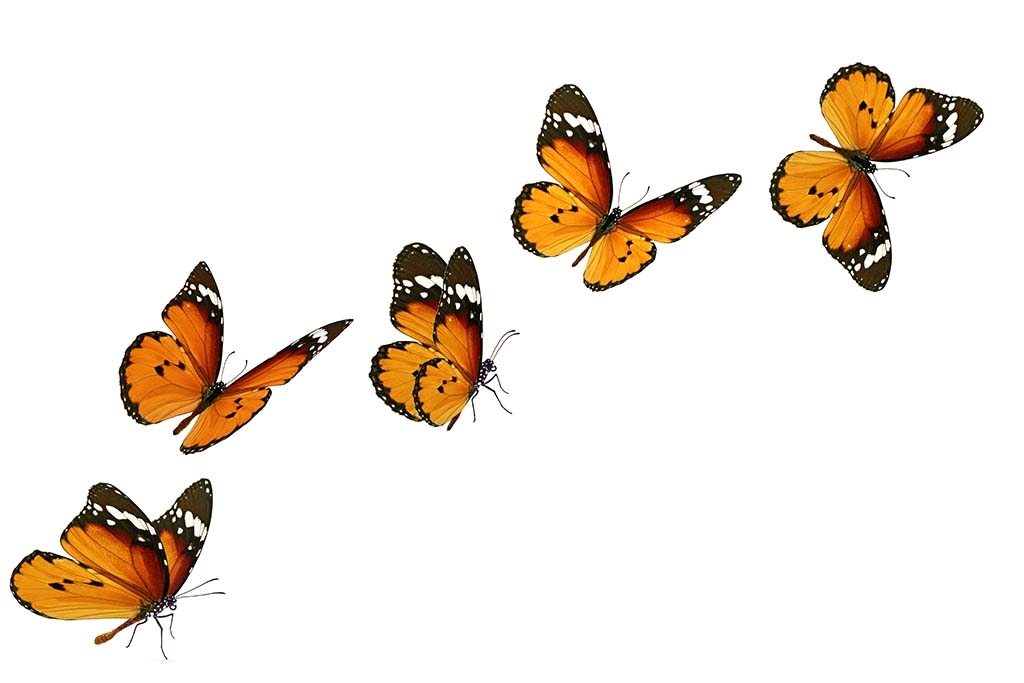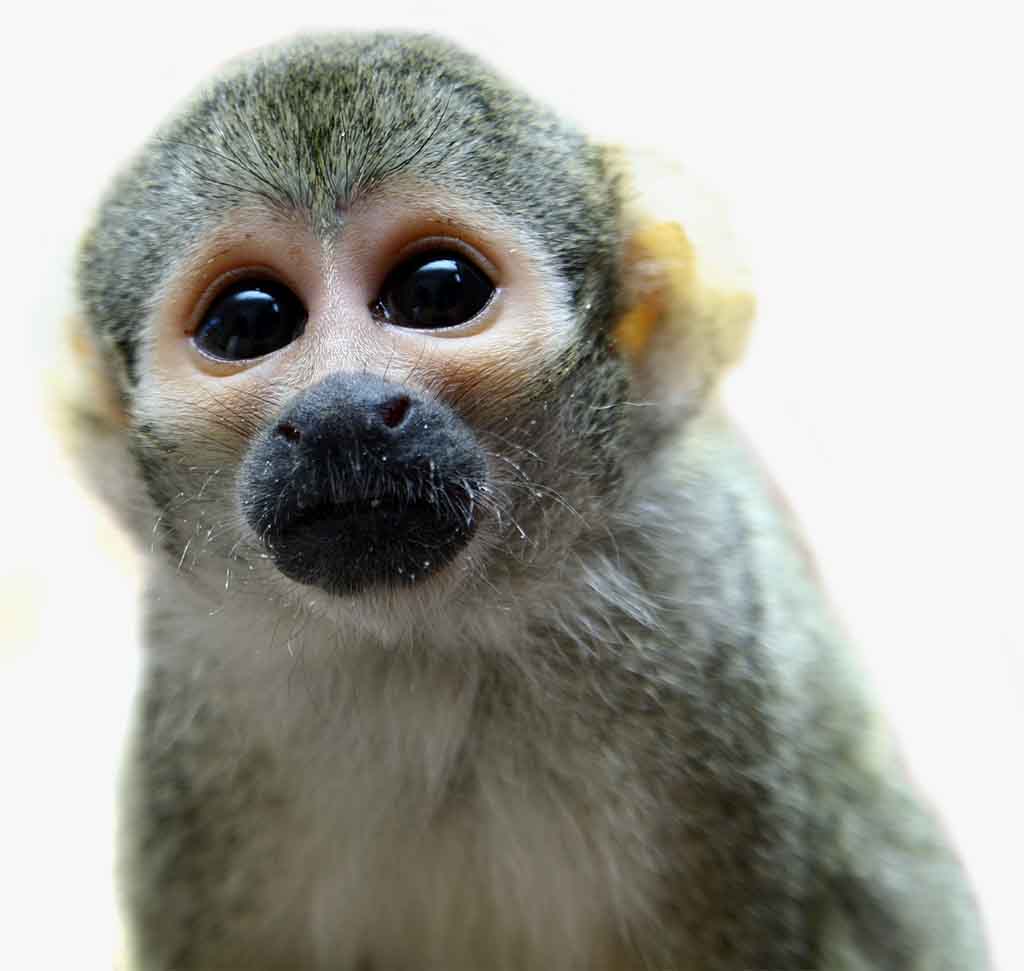We all hear the word ‘sustainability’ being thrown about, but what does it mean, and how does it look in practice? To be environmentally sustainable is to use natural resources – such as water, soil, and timber - in a manner that does not deplete them and does not cause environmental harm.
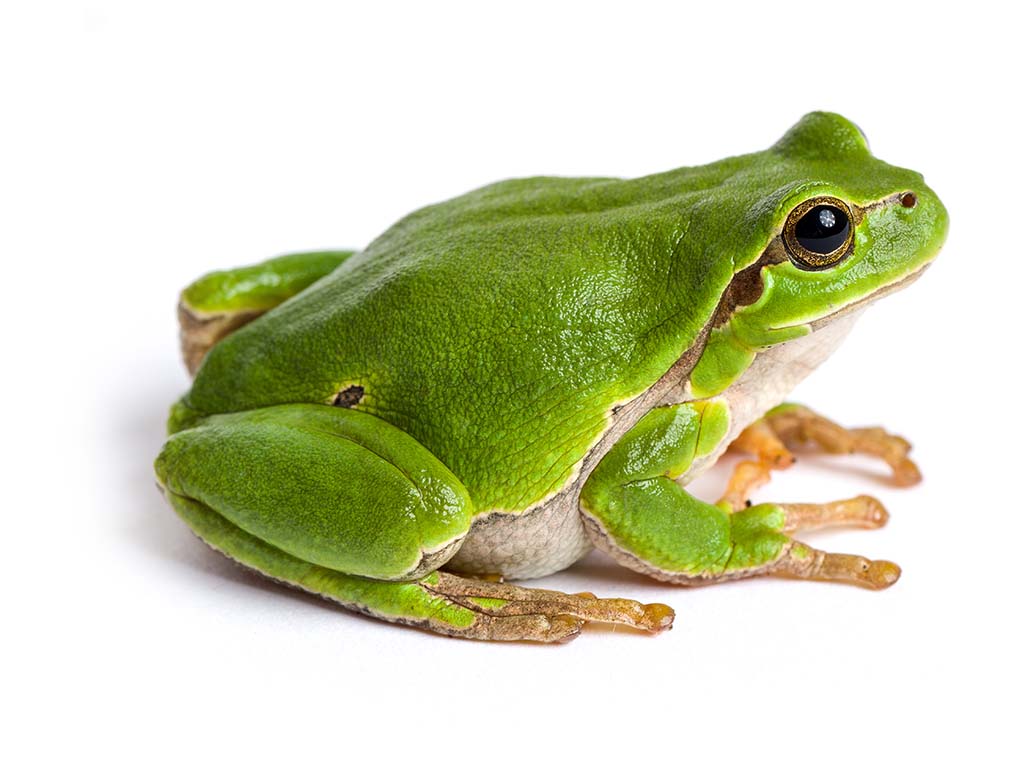
We all hear the word ‘sustainability’ being thrown about, but what does it mean, and how does it look in practice?
To be environmentally sustainable is to use natural resources – such as water, soil, and timber - in a manner that does not deplete them and does not cause environmental harm.
Sustainability is important because it conserves natural resources for use in the future. This means that generations to come can access the same privileges that we enjoy today – nutritious food, clean water, and beautiful national parks to name but a few!
And it’s not just about us… Behaving sustainably also ensures we safeguard a healthy planet that can support all the diverse and vibrant living things that make it so special – from the tiniest creepy crawlies to the tallest and most magnificent trees!
At All Things Wild, we understand the vital importance of sustainability and caring for our planet. We therefore aim to implement sustainable practices wherever possible and encourage our visitors to behave in a similarly environmentally conscious manner. Reflecting our efforts, in 2022 we won the NFAN Sustainability Award, which recognises attractions that are ‘…committed to building sustainability into their long-term plans.’ Read on to uncover more about our sustainable practices!
Climate change is a huge threat to biodiversity as well as human health and wellbeing. Average global temperatures continue to rise above pre-industrial levels with some of the most serious consequences including biodiversity loss, extreme weather, and food insecurity.
To tackle climate change, we must reduce greenhouse gas emissions. Therefore, reducing our reliance on fossil fuels and conserving energy are an important part of All Things Wild’s energy strategy and efforts to be more sustainable.
We have taken significant steps to reduce the amount of energy we use daily. All new buildings and animal enclosures are constructed with effective insulation and considered use of natural light to maximise energy efficiency. Furthermore, all our light bulbs have been replaced with low energy equivalents and we are in the process of changing all lighting (where possible) to sensor activated lighting.
We have also installed solar panels into the roof of our Jungle Mayhem Soft Play building to help to reduce our dependence on fossil fuels and begin our transition to renewable energy.
Ultimately, our goal is to reach Net Zero emissions in line with national and international targets. To monitor our progress on our path to Net Zero, we have signed up to a Future Net Zero scheme to help us track our emissions.
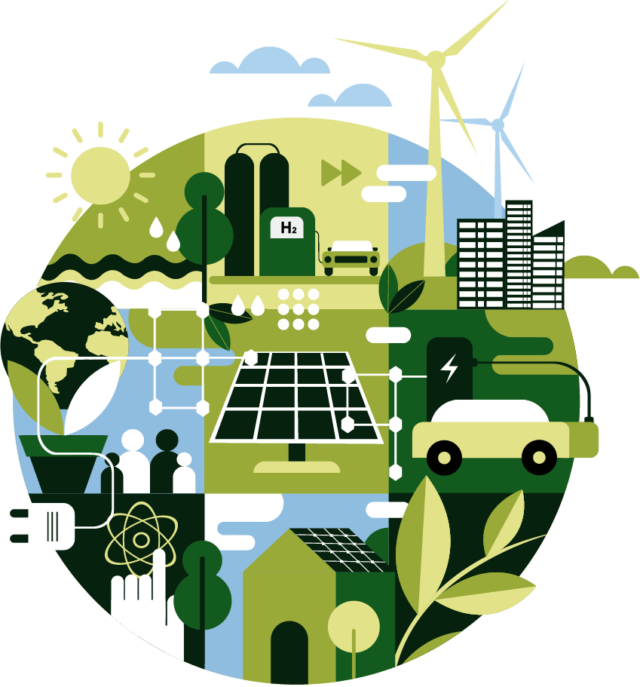
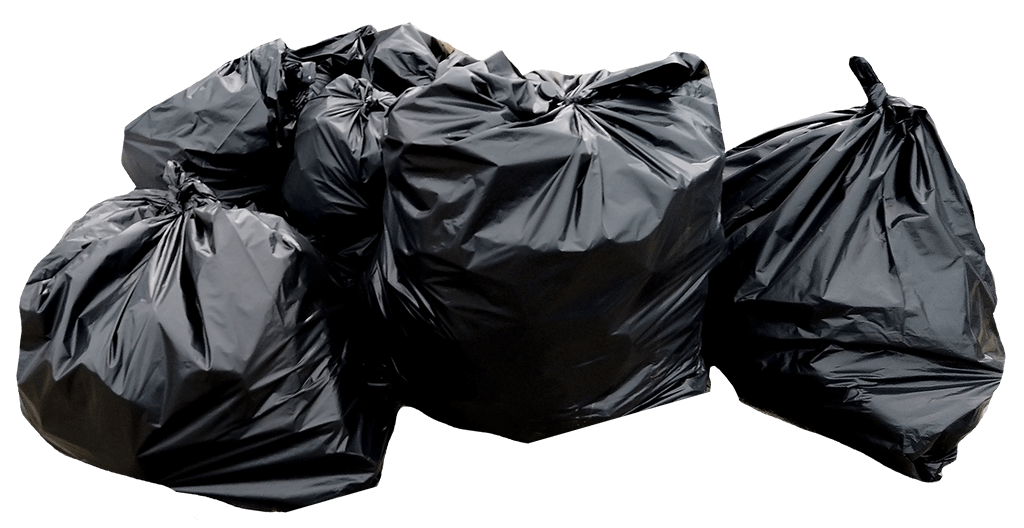
Why worry about waste? Well, in 2021 alone UK households produced over 27.6 MILLION metric tons of waste – and all this rubbish must go somewhere! If we send it all to landfill, we will run out of space and it will take hundreds of years to decompose. Therefore, we can be more sustainable both by reducing the overall volume that we throw away and by considering what method we use for disposal.
Part of our strategy to reduce waste focuses on education, through which we aim to help guests understand the importance of reducing, reusing, and recycling products. Careful procurement strategies also reduce the volume of waste we produce. Where possible, we choose products that have less packaging or those with packaging that can be reused, recycled, or composted. In addition, a partnership with a local auction house means all the cardboard boxes used in deliveries are reused rather than thrown away. Finally, we recently removed all plastic bottles from sale and instead have a water fountain to encourage visitors to use refillable water bottles.
To reduce the volume we send to landfill, almost all our waste goes to ‘Energy from Waste’ facilities. Waste to energy technology produces electricity from waste and has an overall lower contribution to global warming than landfill. Furthermore, we use a waste collection company that only uses carbon-neutral vehicles.
Much of our green waste also goes to good use. Waste wood is chipped to line enclosures and larger logs are used to create woodpiles that provide homes for invertebrates and other animals. The rest of the green waste is composted on-site.
We also have informational signage located near some of our bins, educating our customers about the importance of recylcing. Our staff have been trained to ensure that all waste goes into the correct bins when clearing tables!
Water is a precious and limited resource. There might seem to be a lot of it about, but did you know that only 3% of the water on earth is freshwater and of this, most is locked away in ice or under the ground with less than 1% accessible for people to use?! Furthermore, when we waste water, we also waste the energy and resources that were used to make it drinkable and transport it to our homes and businesses.
We therefore all have a responsibility to use water wisely. At All Things Wild, we collect rainwater in water butts from the roofs of our buildings. Water from the roof of the Jungle Mayhem Soft Play is then used to flush toilets. We also aim to educate our guests and staff about the importance of saving water, with signage around our site to remind people!
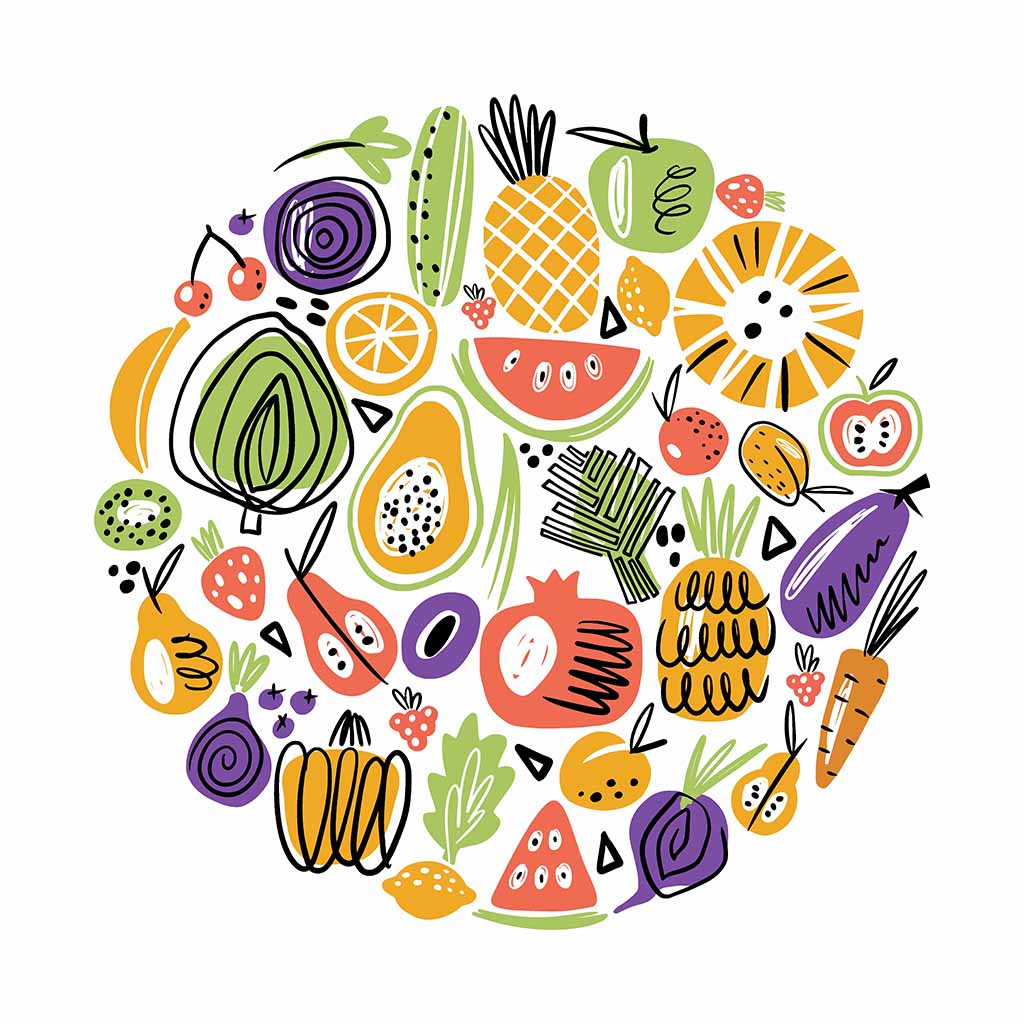
At All Things Wild, we believe that sustainable food and retail practices are essential for protecting our planet and ensuring a healthy future for all. The choices we make in what we consume and how we shop can significantly impact the environment - from reducing waste to conserving natural resources. Importantly, what we offer to our visitors at the zoo needs to support our core conservation message.
Therefore, we prioritise supporting ethical and eco-friendly businesses in our food and retail sectors to minimise our ecological footprint, promote biodiversity, and foster a more conscious and responsible way of living.
In the retail department, we aim to stock a large range of environmentally friendly products that are made from sustainable materials and use minimal or recyclable packaging. Bulk orders are used to reduce emissions from transportation and a local auction house company reuse all cardboard boxes from deliveries.
In the catering department, we have a variety of strategies to enhance sustainability. First, all our food is sourced as locally as possible, and we work to ensure that our ingredients do not conflict with any of our conservation policies. For example, we are working towards all the products we stock being either palm oil free or RSPO approved. Soon, every product we sell will be verified and we will hold certifications on file. In addition, our fresh brewed, full bean coffee is certified by the Rainforest Alliance which enforces rigorous standards to conserve biodiversity. Tea, coffee, and hot chocolate is also fairtrade and many of our other ingredients are Red Tractor assured.
Second, and in line with our waste reduction strategies, all our food packaging and cutlery are fully compostable, and we only provide paper straws. We use large sauce dispensers instead of single-use plastic sauce sachets and we have substituted UHT/whole milk jiggers in favour of fresh milk offered in jugs. We pack sweet bags in house in compostable packaging and are also working with our suppliers to try and reduce plastic waste - for instance we are reducing the amount of pocket money items we stock that are individually packaged.
We are constantly working to switch products we use and sell for more sustainable and environmentally friendly options, in the hopes of making both our shop and cafe fully sustainable!

Did you know that the transport sector is a huge contributor to greenhouse gas emissions, with road transport being the major culprit – even ahead of aviation! Driving less not only reduces greenhouse gas emissions, but also reduces noise and particulate pollution, improves air quality, eases congestion, and lessens the demand for new road infrastructure.
To encourage our staff and visitors to travel car-free, we provide facilities for bike storage and promote our local public transport links regularly on both our website and social media. We are also partnered with Good Journey and offer visitors who travel by bus,
train, or bike free hot drinks as an extra incentive. To find out more, visit: https://www.goodjourney.org.uk/attractions/all-things-wild/
Finally, for unavoidable business travel, we have invested in an electric van.
We also work with Honeyboure railway to try and create some directional signs from the station to our site, to encourage people to travel by train instead of car!
The final areas where we are striving to be more sustainable is in the management of our grounds, horticulture, and animal care.
Many of our animals need to be fed substantial amounts of plant matter and require suitable foliage to ensure their enclosures are enriching and mimic their natural habitats. We therefore grow large quantities of browse onsite so that less animal feed needs to be bought and transported, thereby reducing the emissions associated with this. When constructing animal enclosures, we only use FSC approved timber and reuse materials from other exhibits where possible.
In addition, our horticulture team work hard to develop planting schemes that maintain and enhance onsite biodiversity. We aim to source new plants locally from suppliers who demonstrate good environmental practices. We use minimal amounts of herbicides onsite – preferring strimming and other mechanical weed control methods that are less harmful to ecosystems. We do not use fertilisers because of the negative impacts they would have on the health and biodiversity of local waterways. Finally, we do not purchase peat-based compost to protect valuable peatland habitats from degradation and destruction.
We are creating a drought-resistant plant bed, which will be accompanied by signs educating our visitors of the importance of water and how vital it is we don't take it for granted!
